How 5 GPE Countries are Helping Students Attend School
Read how GPE is supporting Burundi, the Federated States of Micronesia, Nicaragua, Somalia, and Yemen to ensure students can learn in good conditions through school feeding programs.
Poor nutrition leads to both physical and cognitive developmental delays. Good nutrition is essential for students to be able to attend school, concentrate and learn, which is why GPE supports school feeding programs in many partner countries.
Burundi: Reducing the vulnerability of children
The nutritional situation in Burundi weighs on the schooling of many children. In 2018, 56% of children under five suffered from chronic malnutrition – one of the highest rates in the world – and 61% of children suffered from anemia.
School feeding through the establishment of canteens has been identified as one way to reduce the vulnerability of children in food insecure areas. Hence, the government prioritizes the provision of school meals, and all recent GPE grants to Burundi include school feeding activities.
- The current grant of $46.9 million supports school resilience and reduction of vulnerabilities, including support over three years to the national school feeding program to reach approximately 100,000 children.
- An accelerated grant of $9.38 million has provided daily school meals to 34,528 students affected by humanitarian crises in Kirundo province.
- A COVID-19 grant of $7 million has provided over 31,000 students with school meals as part of the government’s program to support learning continuity during the pandemic.
Thanks to GPE funding and the support of partners, Burundi is delivering critical support to children at risk of food insecurity and helping keep them in school and learning.
Learn more about GPE’s work in Burundi:
Federated States of Micronesia: School meals help ensure equitable access to early learning
GPE is supporting the Federated States of Micronesia with a $2.5 million grant to establish one year of compulsory preschool for 5-year-old children, creating a foundation for early learners that leads to improved learning outcomes at subsequent education levels.
Critical to the success of the program is improving equitable access to early learning, which relies in part on school meals.
Thank to GPE funding, the Federated States of Micronesia are constructing and equipping cooking spaces in 46 schools, and developing a sustainable school feeding strategy, including nutrition guidelines and effective management. The strategy takes into account locally sourced food to provide students with healthy meals as opposed to processed, imported food.
Learn more about GPE’s work in the Federated States of Micronesia
Nicaragua: Constructing kitchens and canteens to provide school meals
In Nicaragua, basic education access and completion rates have been improving since 2008 but learning outcomes have not progressed as much. To boost learning, the government is addressing low access to quality preschool, which has been undermining children’s readiness to learn.
A GPE grant of $7.5 million supports several activities, including the improvement of targeted preschools. In addition to rehabilitation that ensures the preschools are safe, accessible and climate-resilient, the grant helps Nicaragua address students’ basic health needs.
Thanks to GPE funding, approximately 30 preschools will benefit from the construction of kitchens, warehouses and canteens for the provision of school meals.
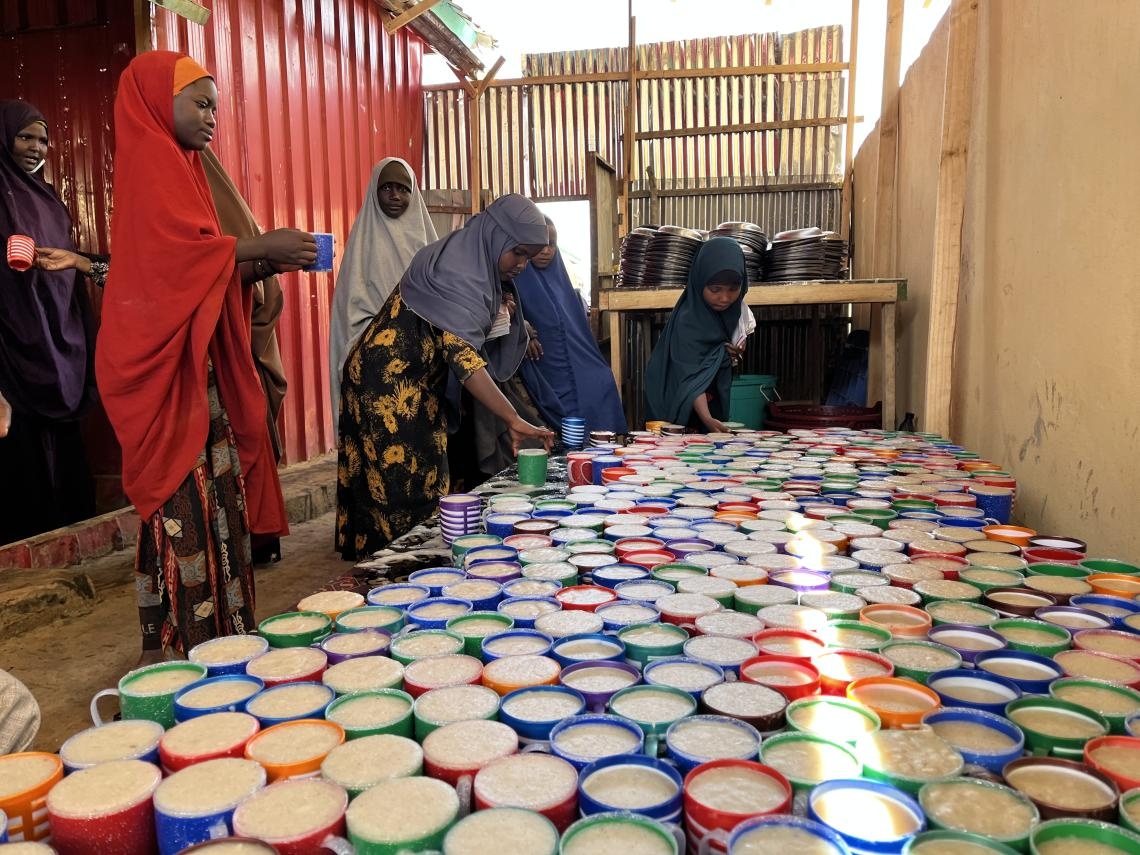
School meals to be served to students at the Mustaqbal Integrated Primary School in Baidoa, Somalia.
Credit: UNICEFSomalia/Giri
Somalia: Responding to drought-related malnourishment with school meals
The current drought in the Horn of Africa has led to extreme levels of food insecurity across several countries, including Somalia.
According to UNOCHA, 5.6 million people in Somalia are now acutely food insecure and 513,000 children are likely to be severely malnourished. CARE, one of GPE’s grant agents in Somalia, reports that 420,000 children are at risk of dropping out of school.
GPE is supporting the humanitarian crisis response in areas severely affected by drought with $19 million in accelerated funding through 3 programs in the Federal Government of Somalia, Puntland and Somaliland respectively, targeting more than 130,000 children at risk of dropping out. Activities include school meals, water and sanitation facilities, and teacher training and compensation, among other interventions.
This funding complements over $85 million in ongoing GPE grants to the Federal Government of Somalia, Puntland and Somaliland for the improvement of equitable access to education and the quality of learning outcomes for all students.
Learn more about GPE’s work in Somalia:
Read GCNF’s 2021 Country Report on the school meal program in Somalia.
Yemen: Food insecurity in times of conflict
Read GCNF’s 2019 Country Report on the school meal program in Yemen.

About the Author
The Global Partnership for Education Secretariat is headquartered in Washington DC and has over 100 staff. The Secretariat provides administrative and operational support to all its partners, including 76 lower-income countries, donor governments, international organizations, the private sector, private foundations, teachers, and civil society/NGOs.
GPE is a shared commitment to ending the world’s learning crisis. It is the only global partnership and fund dedicated entirely to helping children in lower-income countries get a quality education, so they can unlock their potential and contribute to building a better world.
GPE mobilizes partners and funds to help 76 partner countries transform their education systems and deliver quality learning to more girls and boys, especially those who are marginalized by poverty, gender, disability or displacement.
GPE is currently calling on world leaders to “Raise Your Hand” and pledge at least $5 billion for the next five years to help GPE transform education in up to 87 countries, which are home to more than 1 billion children. Over the next five years, this funding will help ensure that 175 million children can learn, and enroll 88 million more children in school. In the longer term, this investment could add $164 billion to economies in the developing world, lift 18 million people out of poverty, and protect two million girls from early marriage.

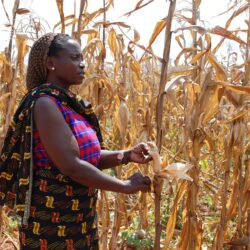
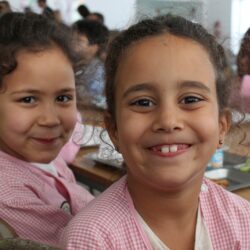

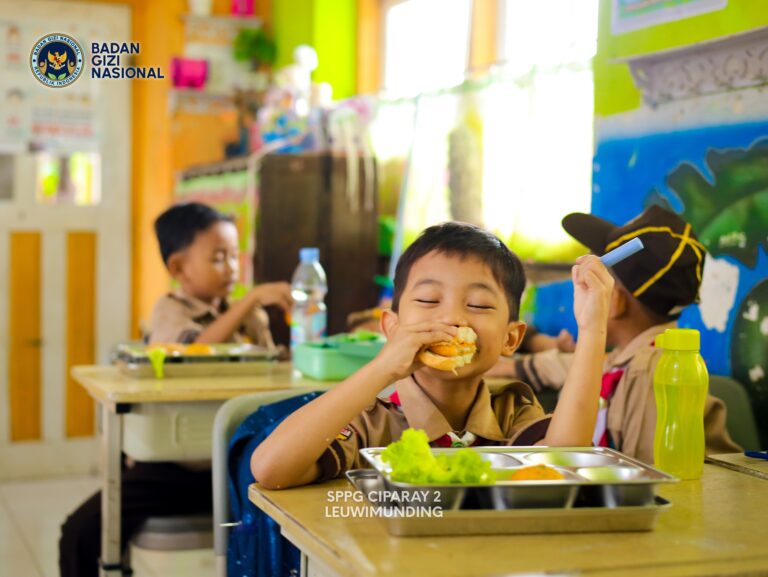

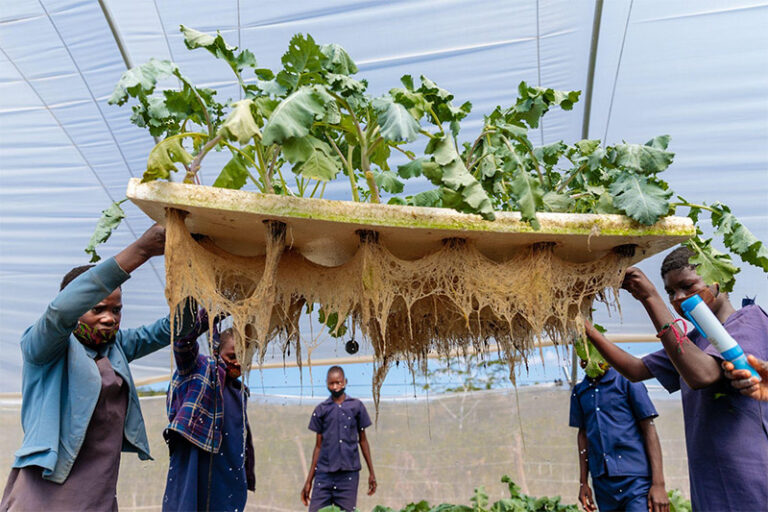
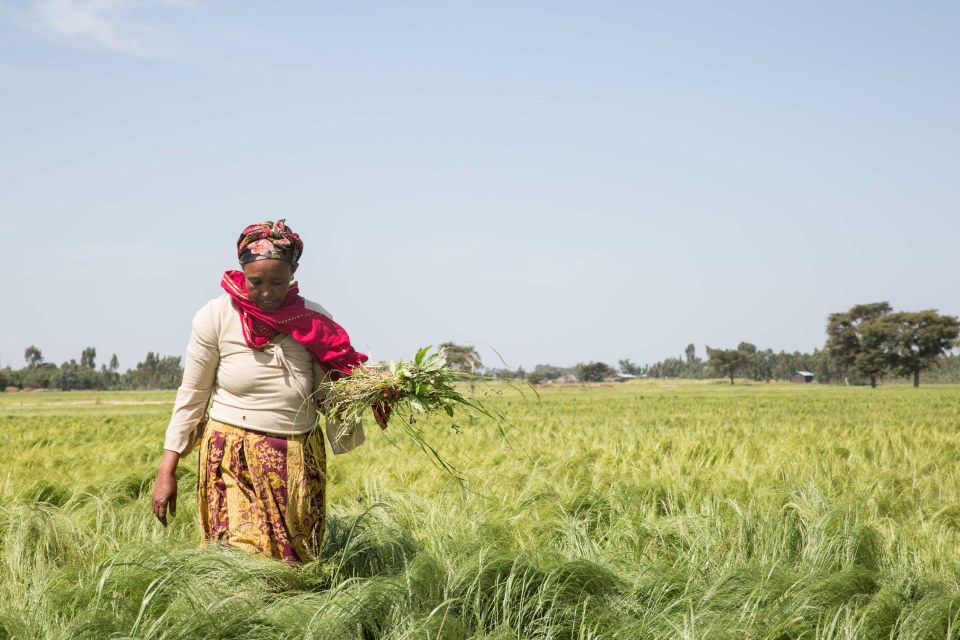
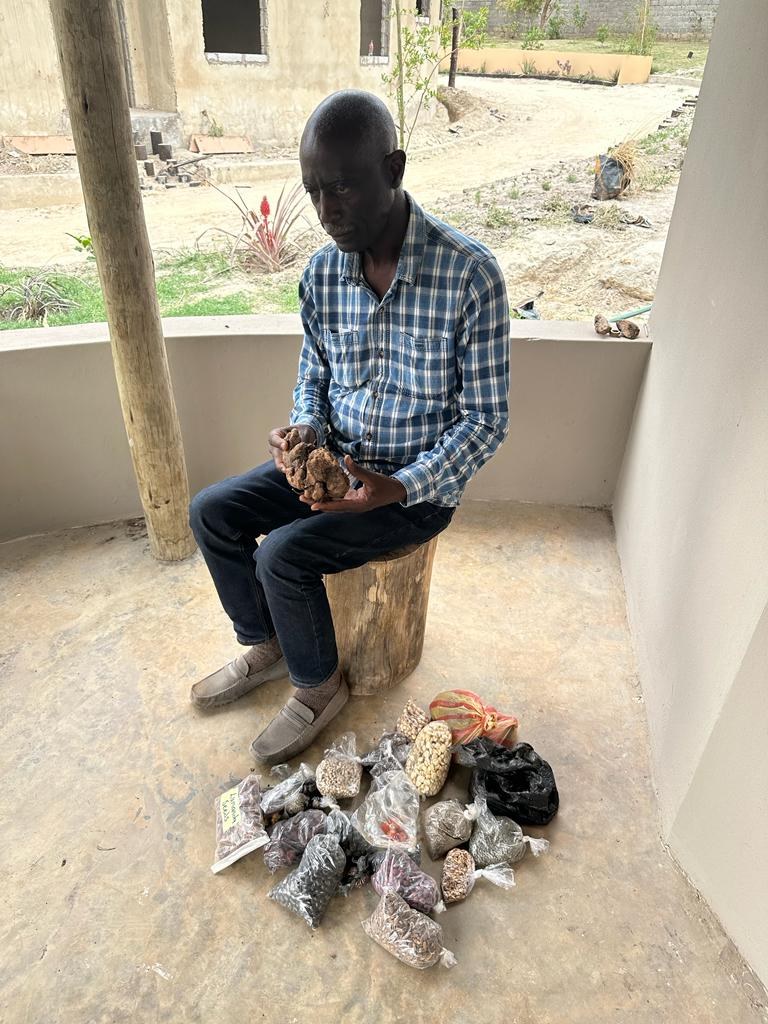
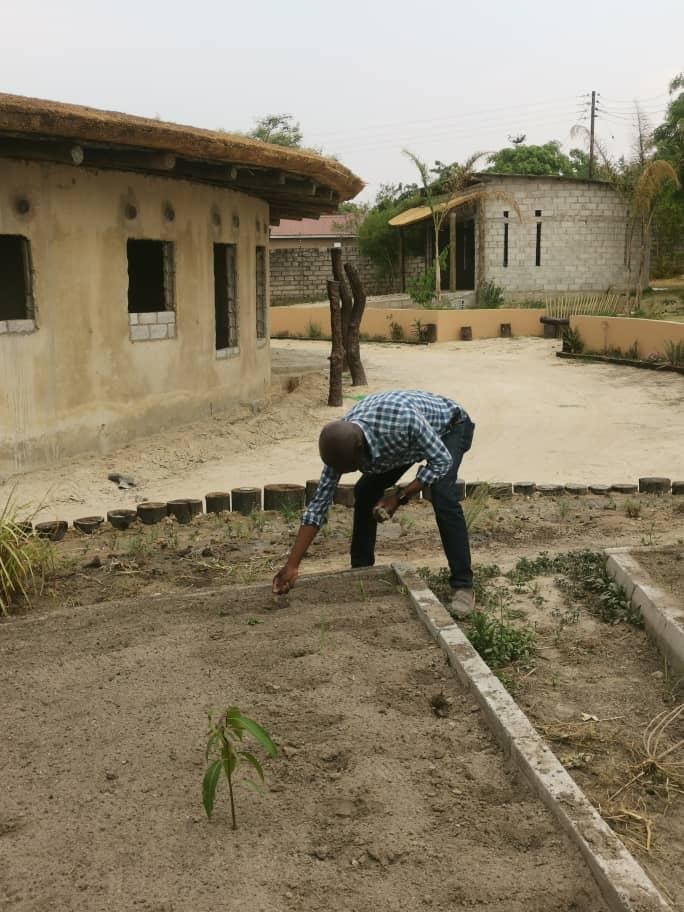
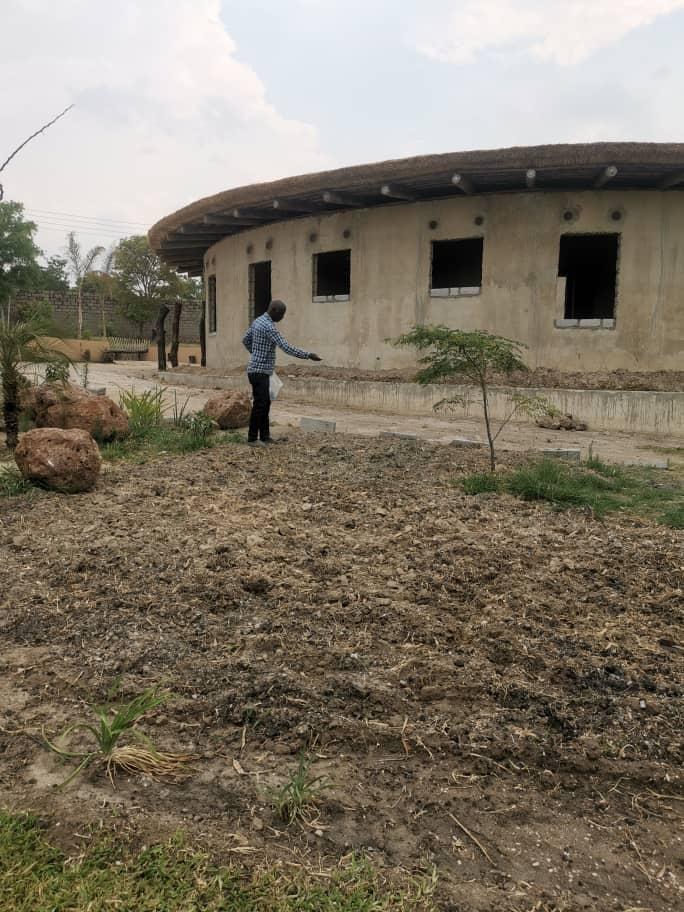
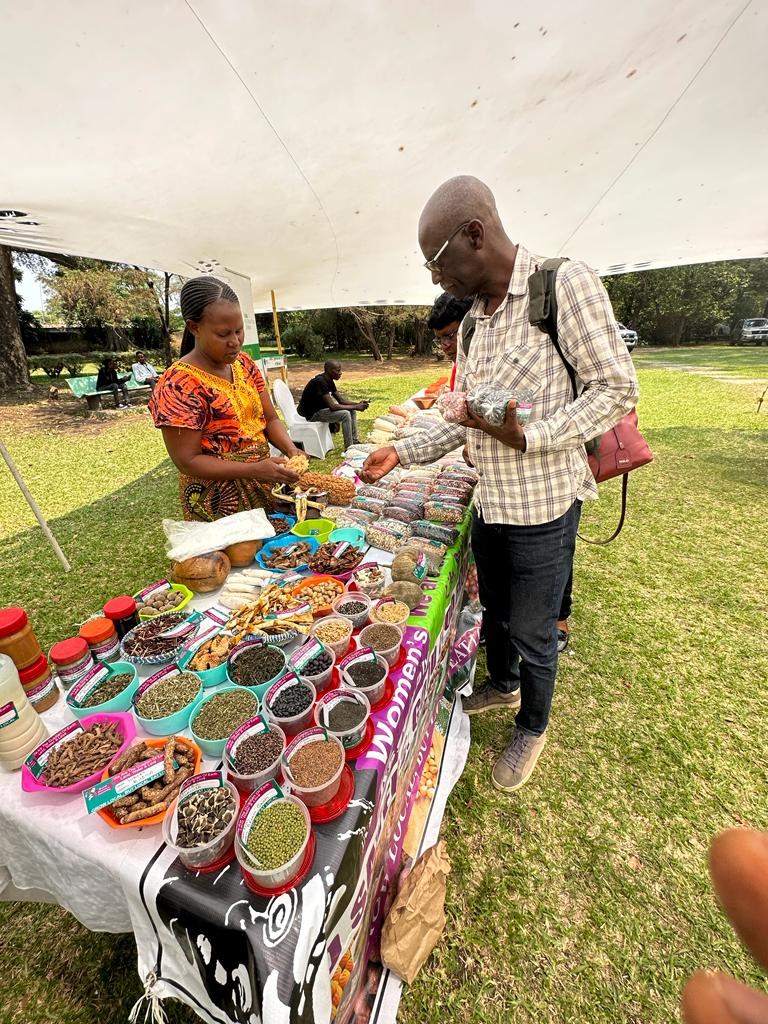
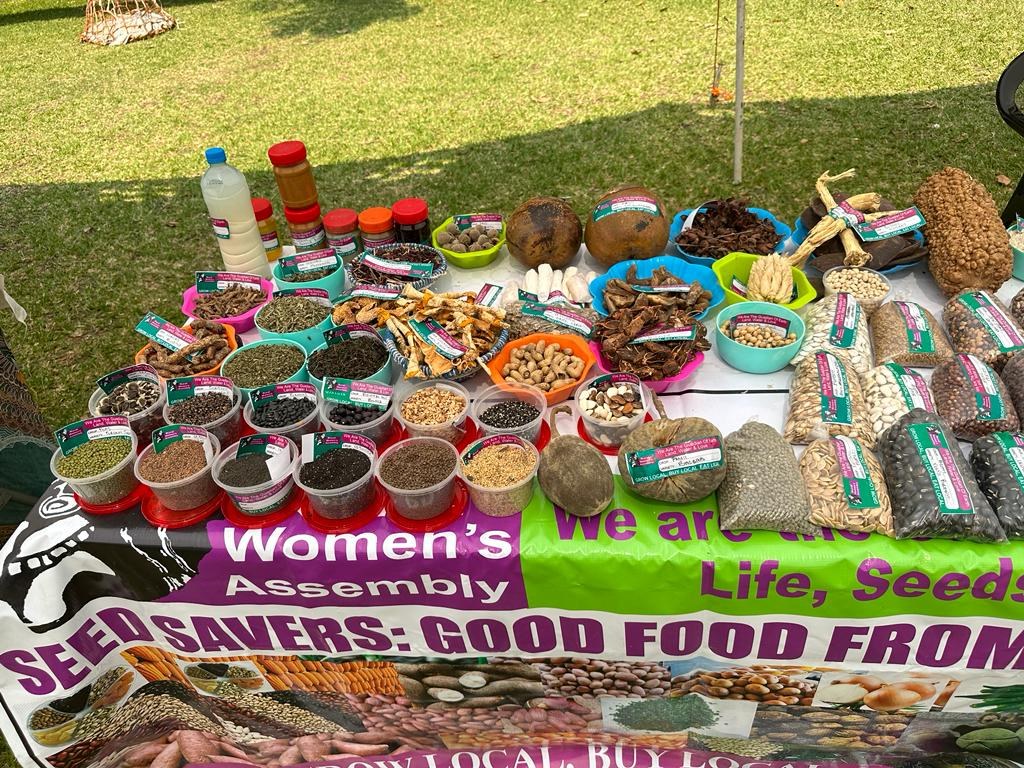
No comment yet, add your voice below!